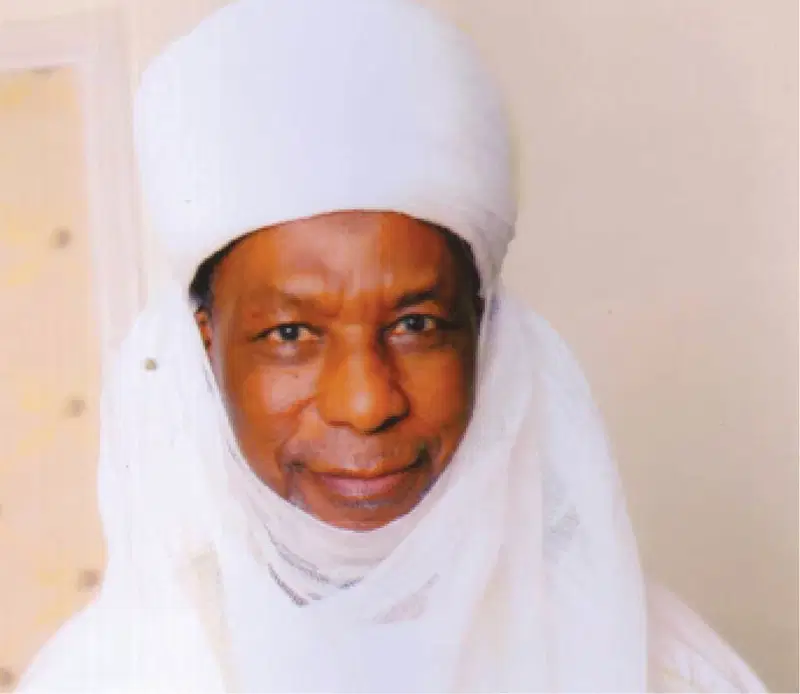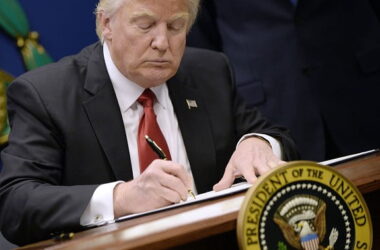Alhaji Usman Alhaji has been stripped of his traditional title of Wazirin Gaya following a decision by the Gaya Emirate Council in Kano State. The announcement, made public through a formal letter signed by the Council’s Secretary, Alhaji Bello Halilu, confirmed that the withdrawal of the title takes immediate effect.
In the letter addressed to Alhaji, Halilu noted that “certain unavoidable circumstances” had led to the Council’s decision. Though no specific reason was directly mentioned in the letter, the move follows recent comments made by Alhaji Usman Alhaji against the Kano State government under Governor Abba Kabir Yusuf.
The former Secretary to the State Government, who also serves as the National President of the APC Patriotic Volunteers, had publicly questioned the current administration’s borrowing practices.
According to Alhaji, documents from the Debt Management Office (DMO) indicate that the state obtained external loans totaling $6.6 million between June and December 2023. He had urged the state to account for how these funds were spent.
Alhaji also accused the state government of poor performance during its first two years in office. He noted that despite receiving more than N5 billion in ecological funds, there was little to show in terms of projects aimed at addressing environmental issues in the state.
In response, the Kano State government denied the claims, insisting that all financial dealings were transparent and in line with due process.
Despite the growing tension, the Gaya Emirate Council acknowledged Alhaji’s past service to the traditional institution.
The statement reads: “The Council deeply appreciates the contributions and commitment of Alhaji Usman Alhaji during his period of service as Wazirin Gaya.” It also noted his efforts in promoting the culture and traditions of the Emirate.
The Council stressed that the decision reflects its continued commitment to upholding the values and integrity of traditional titles. “This action underscores the Emirate’s commitment to preserving the sanctity, dignity, and integrity of traditional titles in line with established customs and values,” the statement read.










